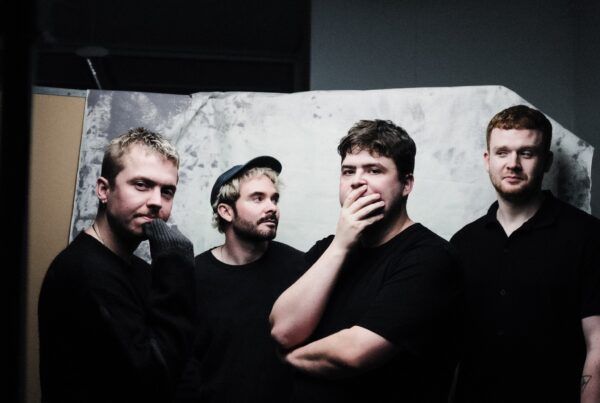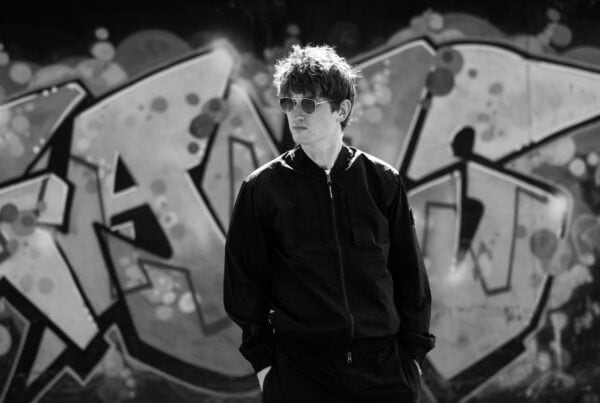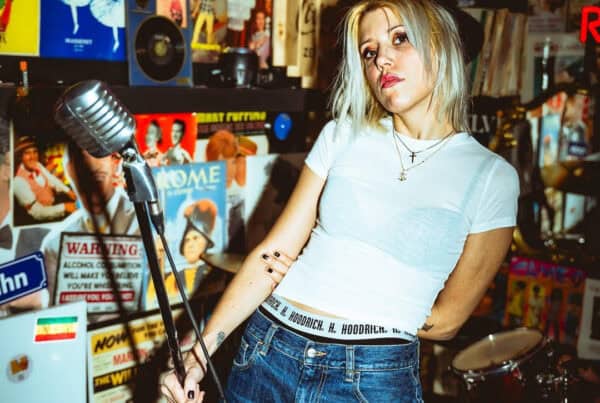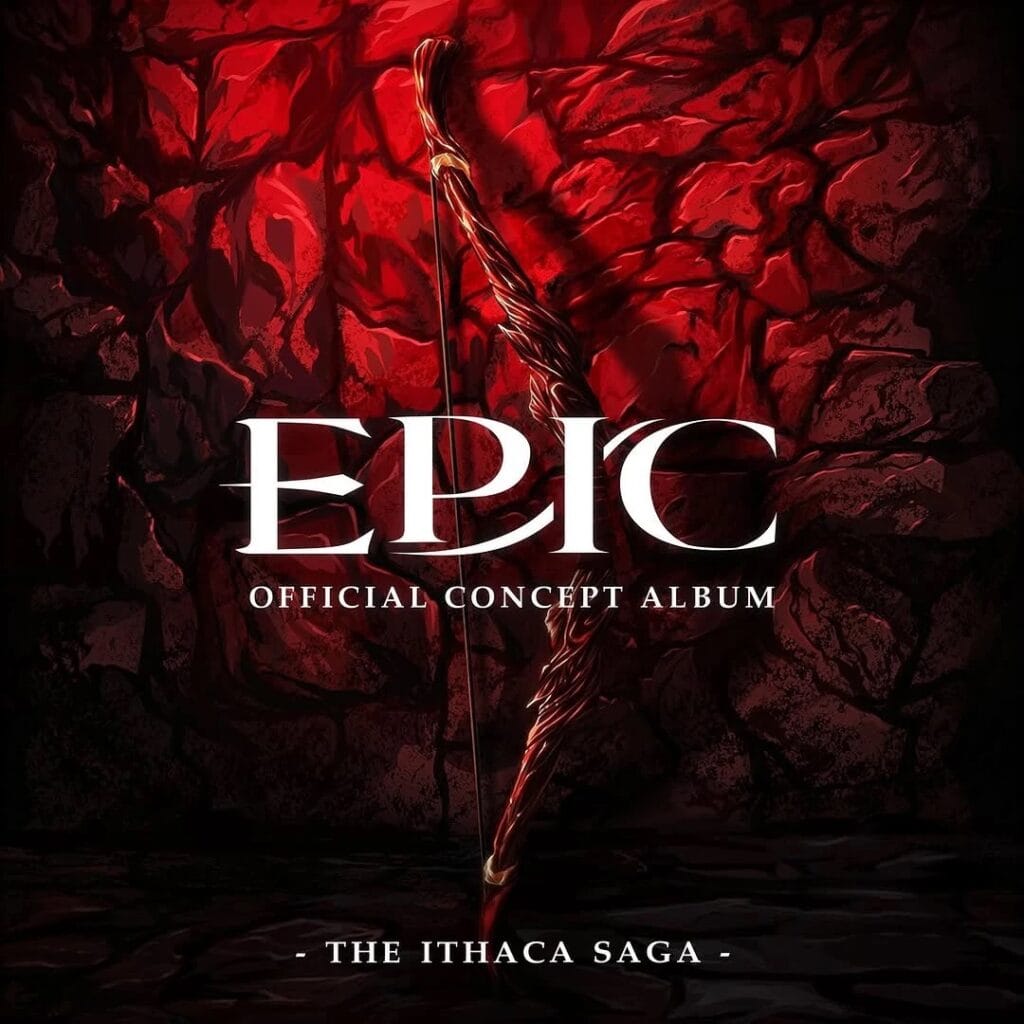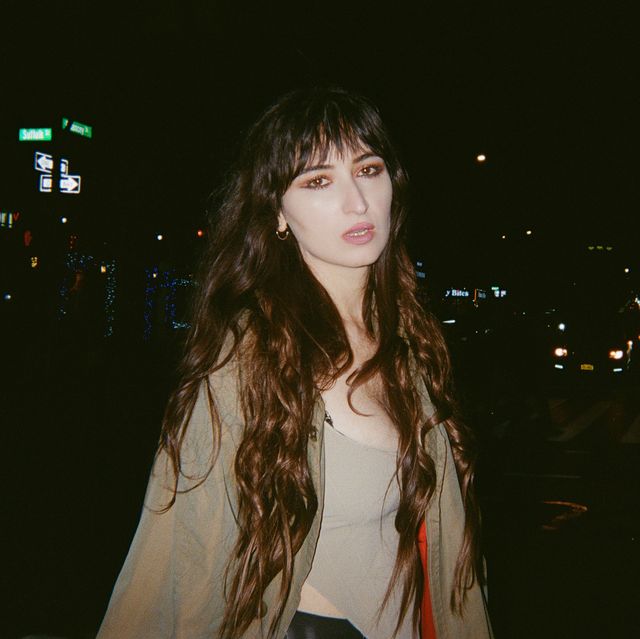Adam McIlwee talks openly and honestly about Wicca Phase Spring’s Eternal’s forthcoming new self-titled album, and his personal development as an artist.
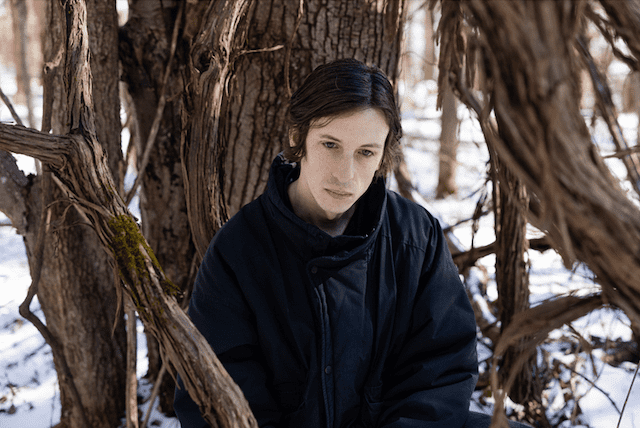
S] Hey Adam, how are you?
I am doing well. Thank you.
S] How do you look back at ‘Suffer On’ now?
I don’t feel that much different about it than I did when it came out. There seemed to be a lot of people making that style of music, and my intention was to write songs that were harder-hitting and more emotionally devastating than I was hearing on other people’s records. I think I accomplished that – or at least accomplished it to the best of my ability – and now it’s time to move on.
S] What does the new self-titled record mean to you at this point, in terms of your own personal progression?
I think one of the goals of the new record was to allow the songwriting to cross over into multiple genres. It’s a difficult balance trying to move forward in new directions while simultaneously trying to keep the elements that attracted listeners to the Wicca Phase Springs Eternal in the first place intact, but I’m confident that we somehow managed to make it happen. If it works, and people like this record, it’s going to be much easier for me to keep exploring new sounds, genres, etc., with this record acting as a bridge between older Wicca Phase songs (specifically, the instrumentation and production) and whatever comes next.
S] Would you say that building the self-titled new record pushed you in new ways as an artist, if so, how?
I would say that. While I always try to be deliberate with my songwriting, this is the first project where I felt like I took the time to think about what I wanted to say, rather than relying on animal instinct and my natural, melodramatic moodiness. There’s a good amount of that in there too, but I think it’s more thought out and covered up a bit.
S] I love the visualiser for ‘It’s Getting Dark’ – how important is that visual aspect to you now?
It’s really important and also really difficult. The visual aspect of music – music videos, album art, etc. – comes least naturally to me, and because it is so important I tend to either avoid videos altogether, demand complete control over the final cut to make sure there’s nothing misrepresentative of the project, or end up taking videos down after a few months. It’s definitely something I need to get better at.
S] How would you say you have progressed and developed personally, from the very beginnings of Wicca Phase, until this point?
Well, I was definitely incredibly immature when I started Wicca Phase, and a lot of my behavior was just…attention-seeking. I think (and hope) that I’ve learned to just focus on my work, writing the best songs possible and letting them speak for the project, rather than trying to prop up the songs by having a loud internet presence or something. I previously mentioned taking a more deliberate approach to songwriting, but I think I’ve tried to apply that to every aspect of my life, learn from my mistakes, etc. I also really hate reflecting on the past and talking about what’s going on inside my head, so I might not be the best person to ask about this.
S] Can you tell me how your definition of success has changed and developed over your career?
I’ve tried to always set reasonable goalposts when it comes to music. When we first started Tigers Jaw, my only goal was to put out an album on Prison Jazz Records, which was a local label here in Scranton. After that, it was getting signed to Run for Cover, and my long-term goal was to just find a way to make songwriting a full-time job. Now that I’ve done that, I just want to sustain it for as long as possible. I try to look at musicians that have had long careers – Phil Elverum, Will Oldham, Richard Thompson, Leonard Cohen – and see how they managed to make it happen, and apply that in a scaled-down version to my career.
S] Do you think much about the legacy of Wicca Phase Springs Eternal, and the mark you want to leave?
It’s really important for me to write songs with lasting power, and to keep improving with each release, while also maintaining and continuing to develop a strong, consistent, and unique aesthetic. I don’t know that I’ll ever get to a point where I’ll be able to look back and recognize that I’ve done that, but I can try my best to make that happen and hope that listeners someday feel that I’ve succeeded.
S] Thanks for your time, and energy!
Thank you.

